What are you listening to and WHY might anyone be interested? (Vol. X)
Posted by: Richard Dane on 31 December 2013
On the cusp of 2014, we start a new thread...
Anyway, links:
Volume IX: https://forums.naimaudio.com/to...16#22826037054683416
Volume VIII: https://forums.naimaudio.com/di...nt/12970396056050819
Volume VII: https://forums.naimaudio.com/di...6878604287751/page/1
Volume VI: https://forums.naimaudio.com/di...ent/1566878604097229
Volume V: https://forums.naimaudio.com/di...ent/1566878605140495
Volume IV: https://forums.naimaudio.com/di...ent/1566878605795042
Volume III: https://forums.naimaudio.com/di...ent/1566878607309474
Volume II: https://forums.naimaudio.com/di...ent/1566878606245043
Volume I: https://forums.naimaudio.com/di...ent/1566878607464290
streaming high res...

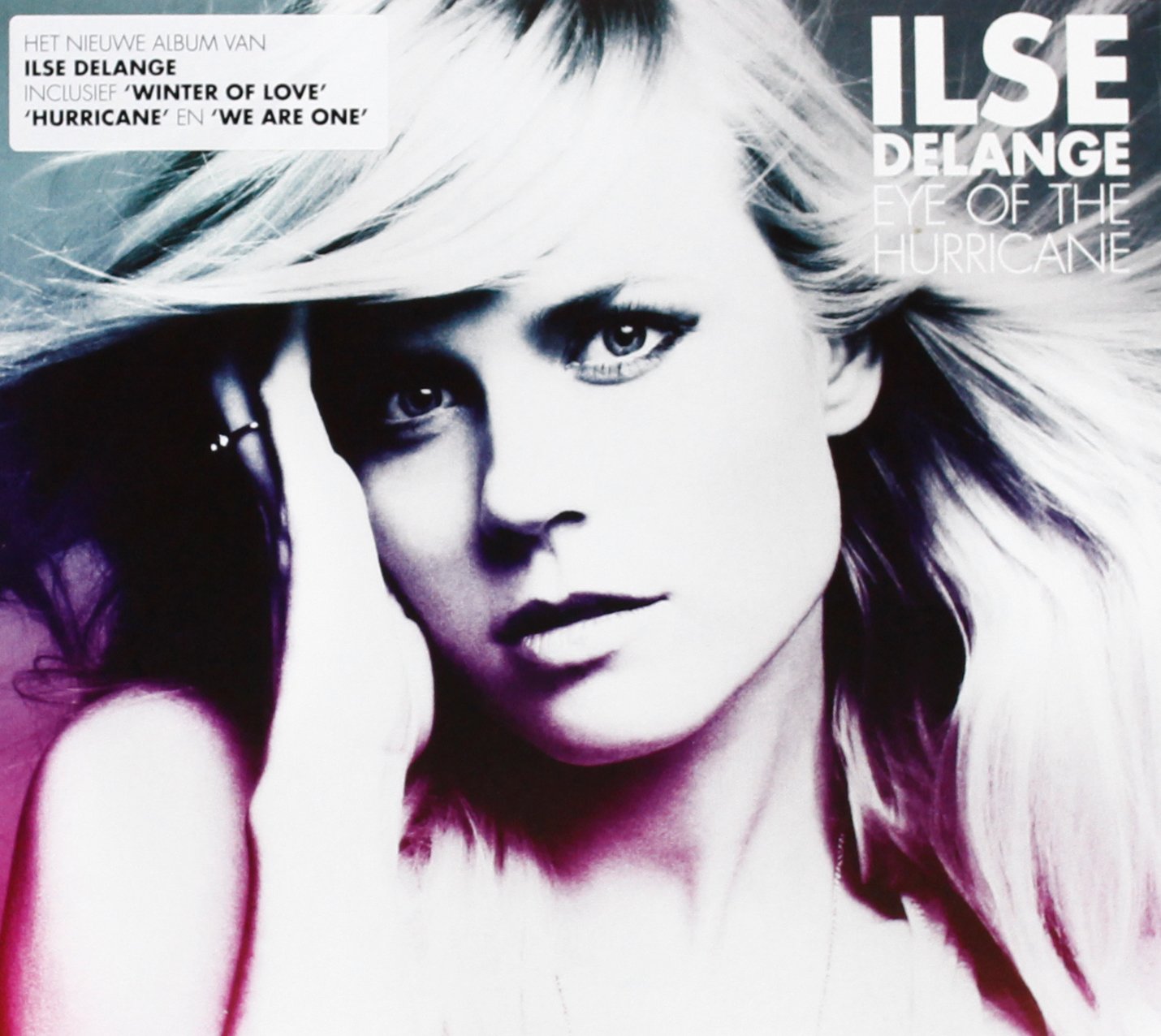
Originally Posted by George J:
Bach never wrote a piano concerto.
Please give the BWV of the concerto you think so grand.
Right right.
But he'd get kick out of it if he was around when the modern piano was around!
Plus Perhia plays piano. not violin or harpsicord on the recording I was listening.
NOw Glenn rocks on Beethoven PIANO forte CONCERTO No.1 ![]() !!
!!
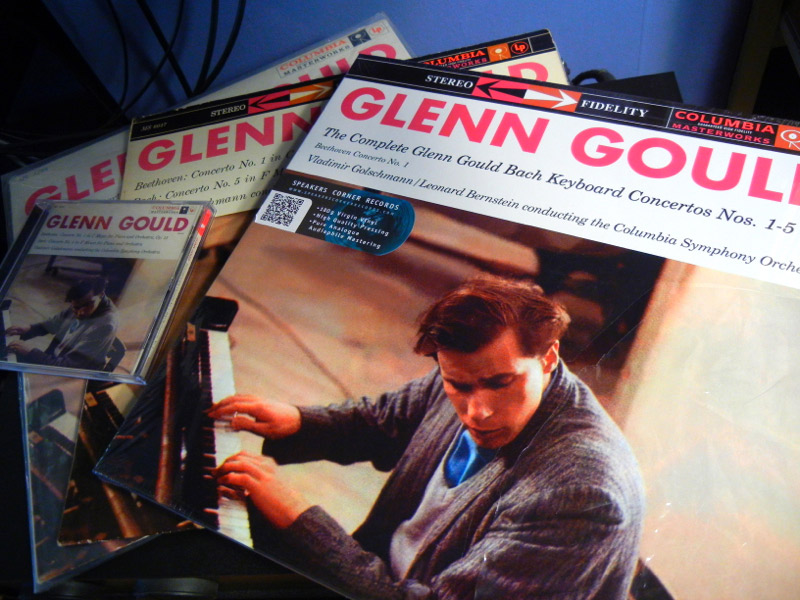
Dear George,
I always admire and respect your love of music and relish your learned and insightful thoughts on music. Funnily, I honestly think the only chasm between us (from my perspective anyway) is a matter of only terminology and this is the only prime example I can think of. I understand where you are coming from and why because you are absolutely 100% correct. Technically, at the time in history Bach penned this music, it would have been very unusual for Bach to specifically say "piano" instead of harpsichord, clavichord, organ, or simply keyboard. On this point you will never have any argument from me.
I think it is good that we do not all agree on every point as this leaves us all something interesting to discuss and muse over. My views on this will likely keep evolving and who knows how I will think on this in the future as I keep digesting and learning. At the moment I rationalize this as follows.
I will listen to this music on the keyboard that fits my mood at any particular time. I have no preference unless I want to play anything myself on the piano. This is why I favour the piano keyboard since this is what is practical for most of us today and what most keyboard players learn on today (and for centuries actually). If I were to become suddenly wealthy and since I love music and instruments alike, I would build a house that could house many pianos but also I would collect harpsichords, clavichords and one pipe organ minimum (the absolute king of keyboards).
The second point and the more important one for me is my perception of the actual man, Johann Sebastian Bach. My love and growth with any music grows as I start to build a picture of who the composer was. I do not think there are any right answers here but it is something each lover of music does. If I do not have a good opinion of a certain composer it is unlikely I could spend hours of my life listening or learning their music.
My view of J.S. Bach is different today than say two or three decades ago. Today I imagine him as a man like any of us; that is, he would have had two sides to him. Sure, he would probably get in a bar room brawl and be sent to jail or his views on certain issues were probably very strong but I also see him as a gentle soul who understood the power of music. The evidence for this is there for us and we can all learn about the man by just listening.
The reason I believe that Bach was flexible too requires a long response but I will limit it for now to the evidence that he himself took music scored for various instruments and reused it as he needed to make more music. I believe the key word is music here as this is what the man has given us. If something written for a violin originally was only ever meant for a violin then Bach would never have thought to one day change it to keyboard or voice etc.
For example, I can from wikipedia glean the following details:
Concerto I in D minor, BWV 1052
This harpsichord concerto is thought to be based on a lost violin concerto in D minor which was later arranged as an organ concerto in 1728 for use in two of Bach's cantatas; the first two movements for the sinfonia and first choral movement of Wir müssen durch viel Trübsal in das Reich Gottes eingehen, BWV 146 and the last movement is in Ich habe meine Zuversicht, BWV 188.
Concerto II in E major, BWV 1053
This harpsichord concerto is thought to be based on a concerto for a wind instrument, probably oboe or oboe d'amore, and from stylistic considerations, it may have dated from Bach's time in Leipzig. It exists, like BWV 1052, in a later transcription in his cantatas Gott soll allein mein Herze haben, BWV 169 and Ich geh und suche mit Verlangen, BWV 49, from which further inferences can be made about the original concerto.
Concerto III in D major, BWV 1054
The surviving violin concerto in E major, BWV 1042 was the model for this work, which was transposed down a tone to allow the top note e''' to be reached as d''', the common top limit on harpsichords of the time. The transcription process was based on the same principles as BWV 1053.
Concerto IV in A major, BWV 1055
Probably based on a lost concerto for oboe d'amore, this is a mature and formally concentrated work. There exists a figured bass continuo part for this concerto, which was added later, probably for a particular occasion at which a second harpsichord, chamber organ or theorbofilled out the harmony of the continuo bass.
Concerto V in F minor, BWV 1056
The outer movements probably come from a violin concerto which was in G minor, and the middle movement is probably from an oboe concerto in F major; this movement is also the sinfonia to the cantata Ich steh mit einem Fuß im Grabe, BWV 156.
Concerto VI in F major, BWV 1057
An arrangement of Brandenburg concerto no.4, BWV 1049; because it also involves parts for two solo recorders, this is a concerto grosso. The harpsichord mainly plays the original violin part, but also takes on the material of the recorders-violin trio in the slow movement, plays with the recorders in four-part harmony, plays a reduction of the fugal material with the strings in the last movement, and, when doing nothing else, plays a lavishly written-out continuo.
So my feeling has grown into the understanding that with great music the point is to enjoy it in any practical form. None of us will ever know for sure but my hope is that this would not be displeasing to Bach himself. The facts above showing a little how Bach worked give me satisfaction that his main goal was that people of all time afterward would listen and / or play his music and that it is more dynamic than say a music box that is forever confined to only one dimension.
Anyway, apologies for going on and on here but I just find this all very interesting and much to your displeasure, I'm sure, I enjoy discussing and talking about music maybe a little too much. This is the only reason I am here actually (to share and discuss about music with like minded souls) and miss some of the old days where we had many more in-depth discussions over music here in the Music Room.
Happy Listening and Best Regards,
Doug
On Cd
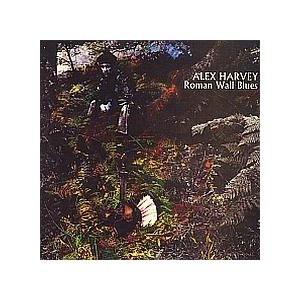
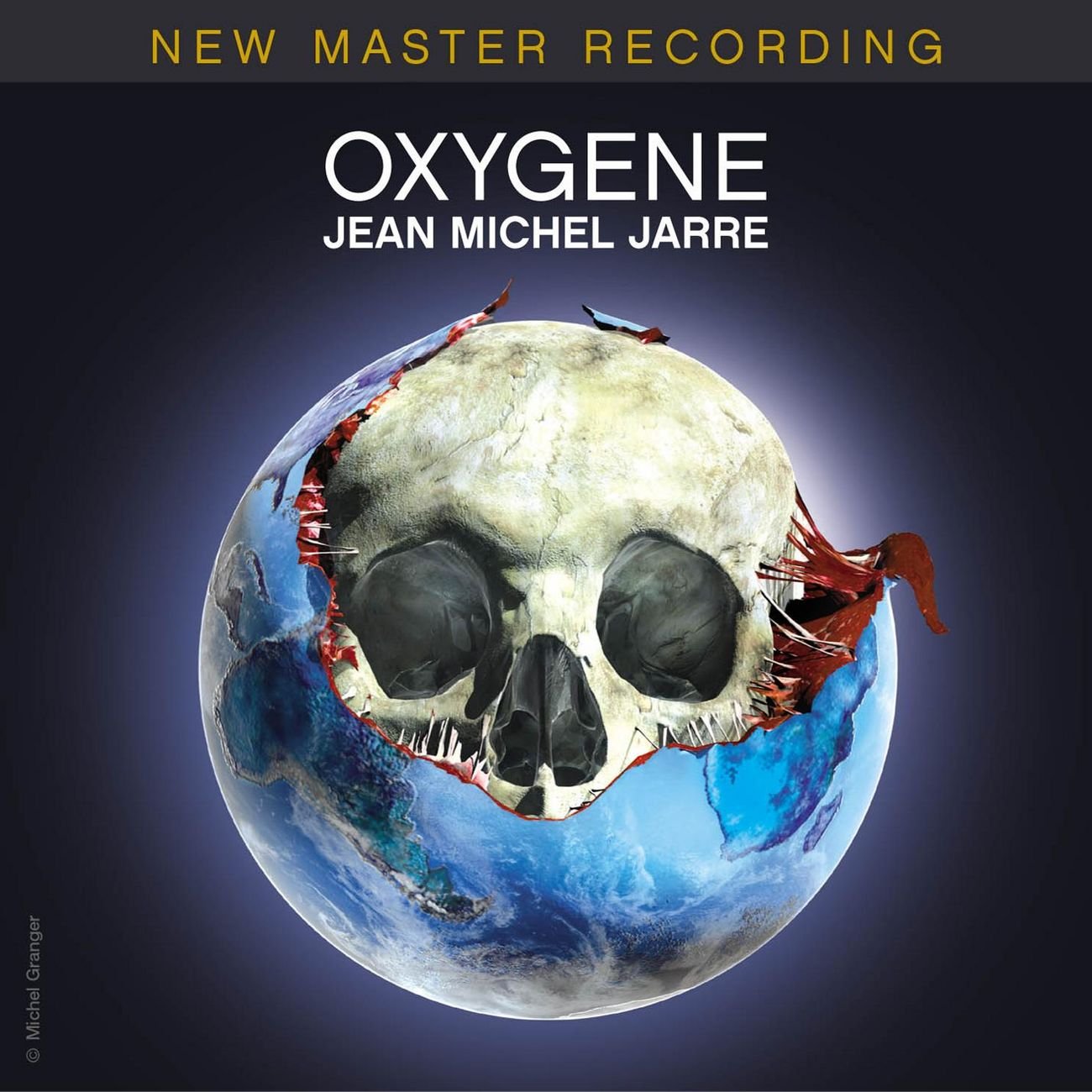
flac streaming
I really want to give this guy a "shout out" - if you like guitar music, especially acoustic, you owe it to yourself to give this gentleman a listen; a true master at the craft, with wide ranging influence on many other guitarists:

He played quite a few festivals in the UK near the end of his life.
Just listened to yesterday's 'Jazz Line-Up' through iRadio. Wanted to hear Pat Metheny's new album, 'Kin' which sounded interesting, but was totally blown away by the session from Carla Bley with Steve Swallow and Andy Sheppard. It's available on BBC radio iPlayer. Thoroughly recommended!
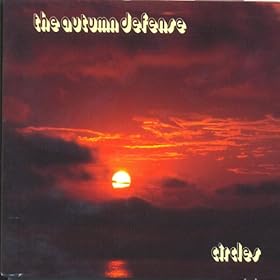
The Autumn Defense "Circles"
side project includes several members of Wilco
(Spoyify Premium)
Johann Sebastian Bach: Simone Dinnerstein (Piano)

For those interested, you will probably wonder why there is exactly 15 pieces in each set. Nothing from Bach is ever by chance. Before the tempered tuning of instruments, the 24 keys existed in theory, but only 15 keys (C major, C minor, D major, D minor, E-flat major, E major, E minor, F major, F minor, G major, G minor, A major, A minor, B-flat major and B minor) were actually used in practice, and that is why both sets contain 15 pieces.
Also, I wish I could have found the actual front page clip from the score of my Henle Urtext of the Inventions and Sinfonias to show you. It contains a lovely facsimile in Bach's own hand writing of the following translation:
HONEST METHOD
by which the amateurs of the keyboard - especially, however, those desirous of learning - are shown a clear way not only (1) to learn to play cleanly in two parts, but also, after further progress, (2) to handle three obligato parts correctly and well; and along with this not only to obtain good inventions (ideas), but to develop the same well; above all however, to achieve a cantabile style in playing and at the same time acquire a strong foretaste of composition.
Joh: Seb: Bach
To me, this is the writing of a composer of music who is so excited to be able to share his creations with anyone interested in musical passion.
In Dinnerstein's very short comments, I like the following which probably could be added to "do you play a musical instrument" segment. She says, "An instrumental training is as much a training in how to listen (to your Naim !): [sic] ![]() as in how to play. In the text that accompanies the Inventions, Bach calls them "an honest guide." His Inventions and Sinfonias are marvels in demonstrating just how potent counterpoint is as an aid to expression, and how powerful a cantabile voice can be when surrounded by contradiction and elaboration.
as in how to play. In the text that accompanies the Inventions, Bach calls them "an honest guide." His Inventions and Sinfonias are marvels in demonstrating just how potent counterpoint is as an aid to expression, and how powerful a cantabile voice can be when surrounded by contradiction and elaboration.
Dinnerstein's playing is velvety smooth and beautiful relying only on a more literal sense of the music. By this, I think she is really enjoying the voicing and counterpoint and places lower emphasis on adding any of her personal opinions or style to the music.
Recordings for me have a way of motivating me and can feed my plans and goals for any day, week, or year. The last two Sinfonias I learnt were the D minor and E minor and this takes me back at least 20 years. The musical memory and experiences of going through these note by note for months on end are instantaneously recalled and serve as some of the best memories of musical enjoyment I have. The journey is always one of struggle and just not getting it to that miraculous moment where somehow a lightbulb goes off and you see this glorious mystery unfold into the light.
For me personally, listening to a recording is one aspect I enjoy; playing is another. I did not have a Naim system 20 years ago and I discovered the magic of this music without it. But today, listening on a Naim, recalling my experiences leading up to today this is a truly wonderful combination of listening and playing. To hear the sonorities at a decent reproduction and the voicing along with the beauty of the music itself is something that cannot be described but it makes me extremely happy and elated.
Apologies for my long-winded soliloquies on music. I need a distraction this week and this is the only thing that can bring joy to me currently.
Regards,
Doug
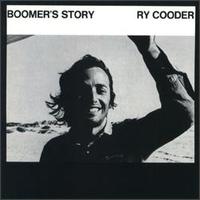
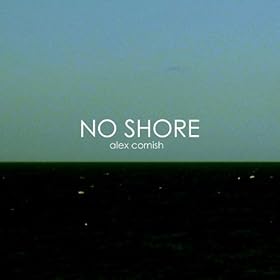
Alex Cornish "No Shore"
3rd release from one of my favorite singer/songwriters,
discovered as a forum member mentioned his name as the
opening act for a concert the member had attended.
That chance remark led me to a favorite artist -
serendipity - forever grateful
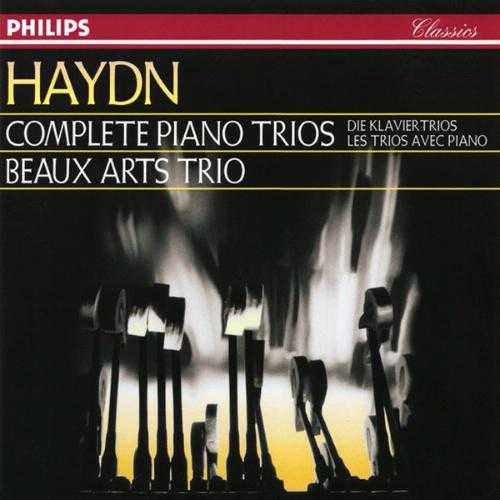

Listening to this on cd.
"He made me do it." - Gilmour on Waters and "Final Cut".

G

Norah Jones "Come Away With Me" (Spotify Premium)
Frank and the Count, on first press UK vinyl. Bought today:

flac, beautiful album...
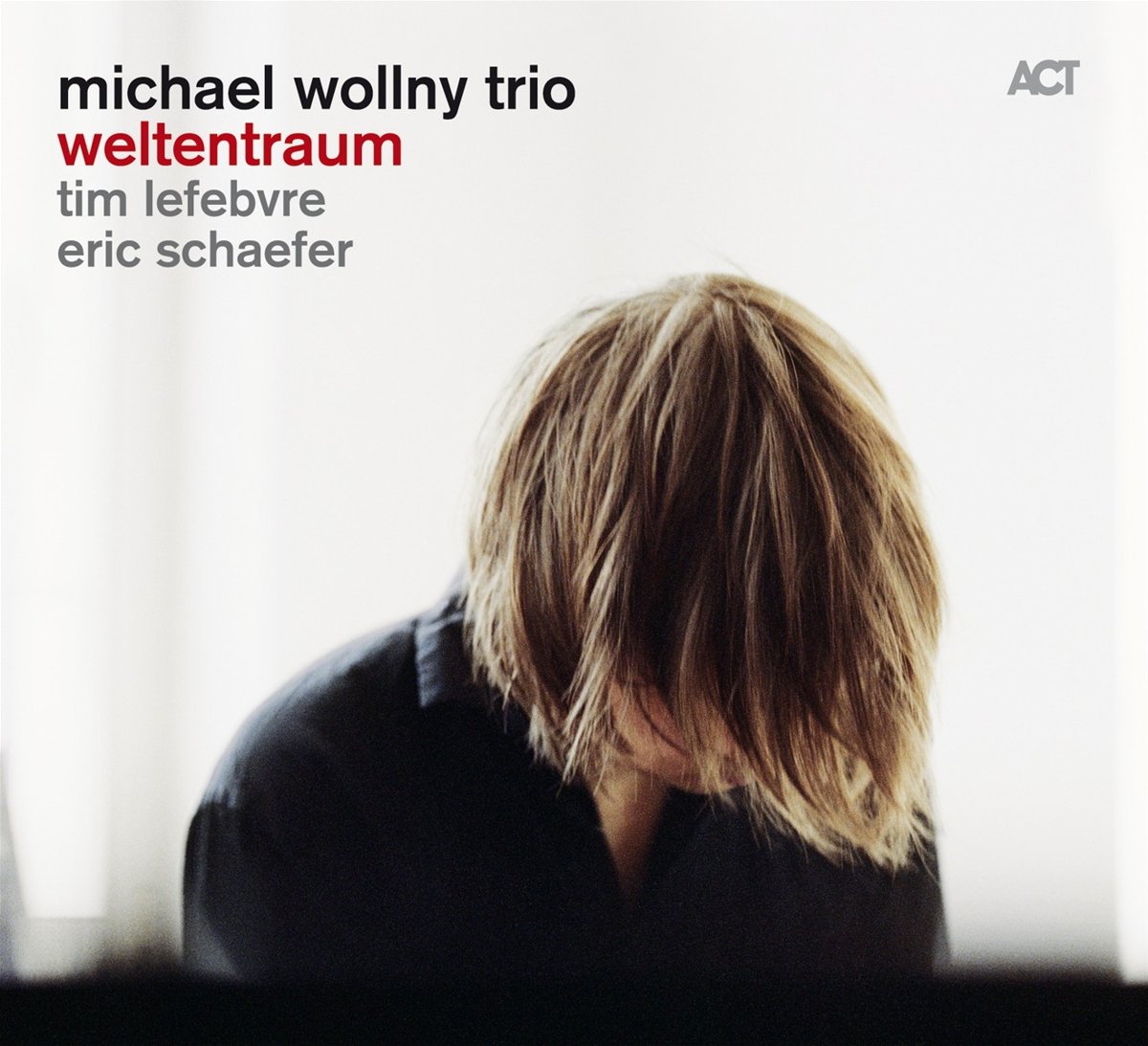
"Something Wicked This Way Comes" - The Enid, on cd.


I listened to both the US and UK first press vinyl this afternoon to assess any difference in SQ for somebody on another forum. The US is marginally better and probably reflects the different pressing plants.





